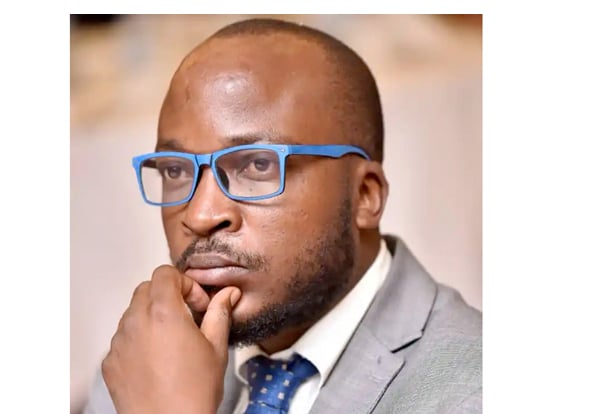Abolishing PLE will only help our funders, but not Ugandan children
What you need to know:
- Empty bank. In his book Pedagogy of the Oppressed, Paulo Freire examines the ‘banking’ approach to education. The idea that students are considered empty bank accounts that should remain open to deposits made by the teacher, Freire says, dehumanises and indeed kills creativity, innovation and as a result the learners may not do much once they leave the school system.
Growing up from the lower end of society was, and is still, such a big factor to my understanding of life and society. I can vividly remember when my foster parents always mentioned to me that as a double orphan, education was the only means by which I would live a meaningful life later. I took these words so seriously and later on I found that the phrase “education is the key to success” was a driving force for many educational institutions in Uganda.
However, a reasonable number of Ugandans still find it hard to believe that education is the key to success. Some have actually started thinking that if education is the key to success, then success was locked with a strange padlock and we are using the wrong key.
Recently, World Bank advisor on Global Education Practice, Mourad Ezzine, recommended to government that we should scrap the Primary Leaving Examinations (PLE), citing a huge chunk of money totalling up to $82 million (Shs306.4 billion) which is lost in what they called “unproductive education”, reasoning that many children leave in the middle of primary education when they are still illiterate.
Whereas I agree with the World Bank that many children drop off the education radar when they can’t do anything to survive, I also think that the problem is not necessarily the PLE, and thus the ultimate solution cannot be scrapping the said exams.
Irresistibly, I have been and will always advocate for the abolition of the standardised tests and exams. I surely know that it is not practical and helpful for a child studying at Kigarama Primary School to study for seven years, and their level of success at that level is finally determined by an exam that is set by some other unknown citizen seated somewhere in Ntinda, and this citizen also has no idea about the young man at Kigarama.
The fact that we use these national standardised exam results to label some children bright and others “useless” because the former scored Aggregate 4 and the latter scored 30 and above, I would think that we need a better and sustainable solution to the problem at hand.
In his book Pedagogy of the Oppressed, Paulo Freire examines the ‘banking’ approach to education. The idea that students are considered empty bank accounts that should remain open to deposits made by the teacher, Freire says, dehumanises and indeed kills creativity, innovation and as a result the learners may not do much once they leave the school system.
He further talks about an education system that must facilitate the interlinked, putting the learner, teacher and society in the picture every time we are teaching.
I also know from my teacher training at Makerere University that one of the cardinal roles of education is to raise members who have important knowledge, including basic facts, work skills, norms, values and virtues: Members who are able to make use of the environment for the good of society.
In my opinion, therefore, we should start on a process to effect a pedagogical overhaul; to institute an education system that teaches learners the basic skills, values and norms to be productive members of society so that even if one leaves school after Primary Four, they still can do a few things that are constructive.
As a country, we need to start this discussion and launch this effort. It doesn’t matter whether this takes 50 years to be realised, but this can be our dream as a country. To the minister of Education and Sports, this is the time to put a mark on this country’s education system.
All leaders at all levels, we need to raise and speak with one dream – an all-round relevant education system that will ensure a sustainable future for the next generations.
Otherwise we risk leaving the other stakeholders such as the World Bank to care about their money, which apparently to them is being wasted, and this will leave us very ignorant about where we want our country to go.
The writer is executive director at Youth Aid Africa.
[email protected]




